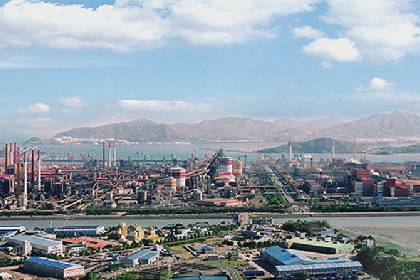South Korea has taken an urgent step to stabilize one of its most steel-dependent regions, designating Gwangyang as a special crisis-response zone. The decision reflects mounting pressure from global oversupply, falling steel prices and weakening domestic demand, factors that have sharply strained the local economy.

According to the South Korean Ministry of Trade, Industry and Resources, Gwangyang has experienced a sharp downturn due to an influx of low-priced steel imports, declining steel prices and weaker domestic demand, all of which have reduced profitability across the sector. In Gwangyang, 88.5 percent of local industrial production stems from steel, 97.5 percent of exports originate from the sector, and 9.7 percent of employment is directly tied to steel-related activities. The ministry stated that such levels of concentration leave the city particularly vulnerable to external shocks such as global price declines and import surges.
Under the new designation, Gwangyang will remain a special crisis-response zone for two years, during which local companies will gain access to emergency liquidity assistance and low-interest policy loans. These measures are designed to help safeguard operations and stabilize employment while the region navigates a challenging period marked by oversupply and heightened import pressure.
The announcement follows the government’s recent introduction of a national steel competitiveness roadmap earlier this month, as reported by SteelOrbis.